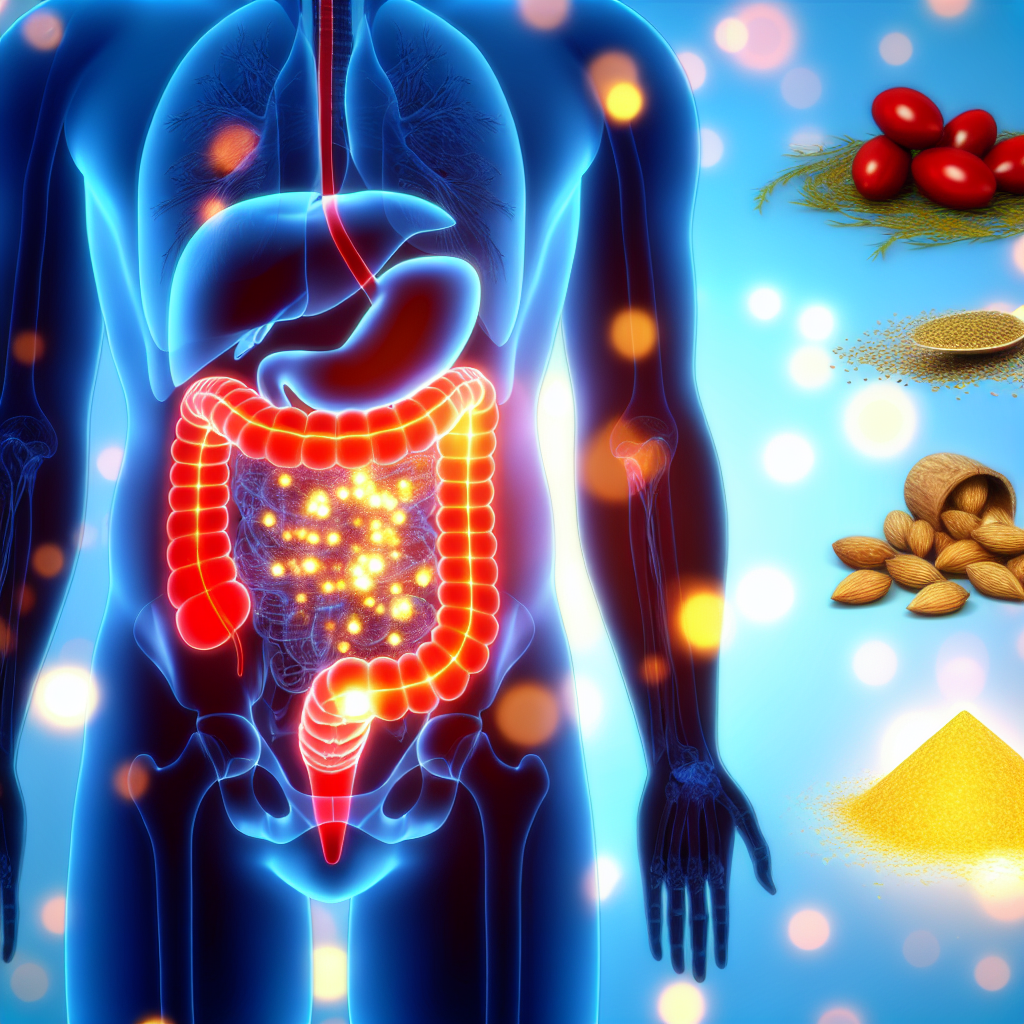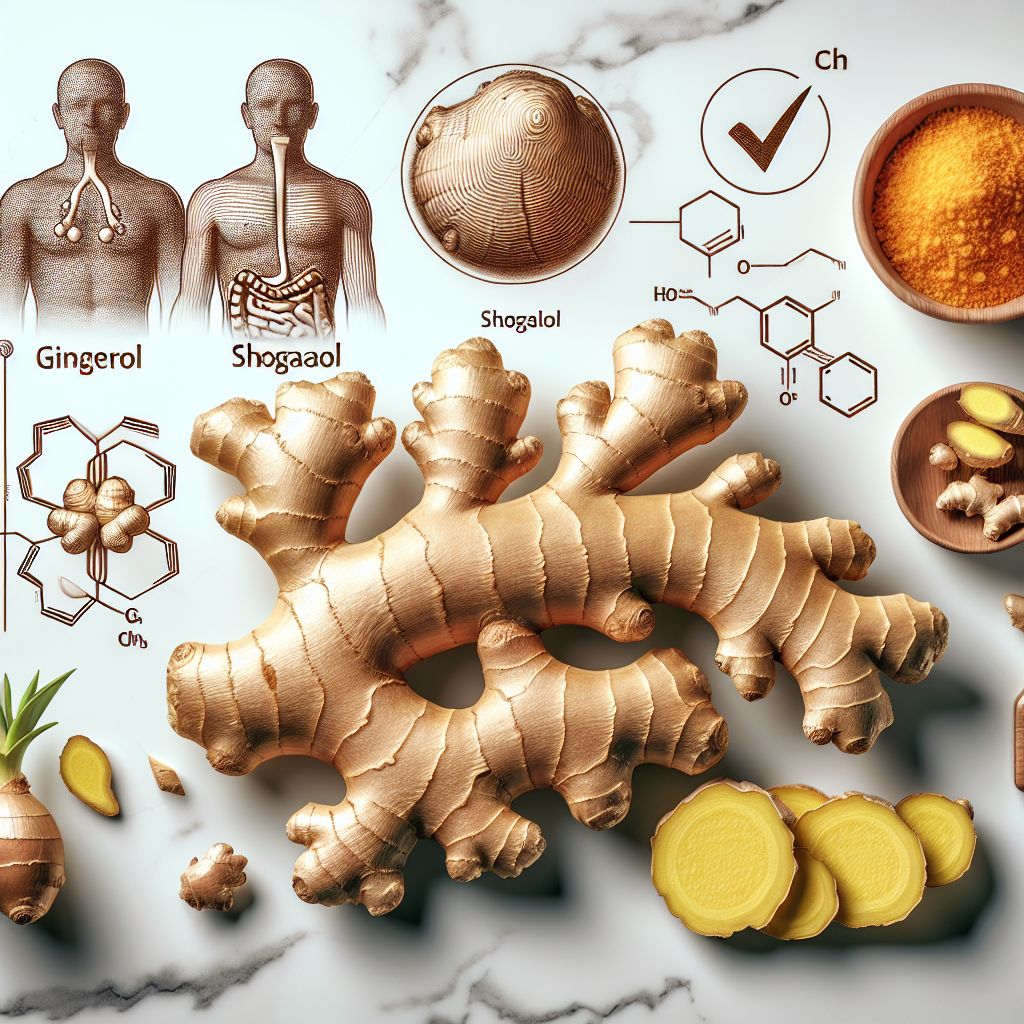Omega-3 Impact on Gut Inflammation
Introduction
Gut health has become a critical area of study, with the gut microbiome playing a vital role in various aspects of health. Gut inflammation, a prevalent concern in conditions like inflammatory bowel disease (IBD), irritable bowel syndrome (IBS), and leaky gut syndrome, can lead to debilitating symptoms. One promising natural treatment for gut inflammation is omega-3 fatty acids, which have been extensively studied for their anti-inflammatory properties.
The standard Western diet is often deficient in omega-3s and excessive in pro-inflammatory omega-6 fatty acids, potentially contributing to the rise in chronic gut inflammation. Supplementing with omega-3s or increasing dietary intake can have significant benefits in reducing gut-related discomfort and improving gastrointestinal resilience.
Scientific Studies on Omega-3 and Gut Inflammation
Omega-3s and Gut Microbiota: Balancing the Microbial Ecosystem
A 2017 study published in *Microbiome* found that omega-3 fatty acid supplementation led to significant changes in the gut microbiome, promoting the growth of beneficial bacteria and reducing harmful pathogens (Watson et al., 2017) [1]. A diverse and balanced gut microbiome is essential for maintaining intestinal health and preventing conditions such as leaky gut syndrome, IBS, and colitis.
Fighting Inflammation: How Omega-3s Reduce Pro-Inflammatory Cytokines
Omega-3s are known to downregulate inflammatory cytokines, such as tumor necrosis factor-alpha (TNF-α) and interleukin-6 (IL-6), which are implicated in various gut disorders. A 2013 study in *The American Journal of Clinical Nutrition* found that higher omega-3 intake was associated with lower systemic inflammation in patients with Crohn’s disease and ulcerative colitis (Calder, 2013) [2].
Strengthening the Gut Barrier: Omega-3s and Intestinal Integrity
A 2018 research paper published in *The Journal of Nutritional Biochemistry* provided evidence that EPA and DHA, two types of omega-3 fatty acids, contribute to strengthening tight junctions in intestinal epithelial cells, thereby reducing intestinal permeability and preventing inflammation-driven disorders (Camuesco et al., 2018) [3].
Omega-3 Therapy for IBD: A Natural Approach to Managing Crohn’s and Colitis
For individuals suffering from IBD, including Crohn’s disease and ulcerative colitis, omega-3 supplementation has shown promising therapeutic effects. A systematic review in *Alimentary Pharmacology & Therapeutics* indicated that omega-3 intake reduced relapse rates and improved symptoms among IBD patients, although the benefits varied depending on the dosage and individual response to treatment (Marton et al., 2019) [4].
Conclusion: Omega-3s as a Game Changer for Gut Health
The impact of omega-3 fatty acids on gut inflammation is increasingly supported by scientific evidence, positioning these essential fats as a natural and effective strategy for promoting digestive health. Incorporating omega-3-rich foods and supplements can be a beneficial step toward healing inflammation naturally.
As research continues to uncover the connections between diet and gut health, omega-3 fatty acids remain a promising focal point for natural gut healing. Prioritizing omega-3 intake may prove to be a game-changing approach for individuals seeking relief from chronic gut inflammation and improved overall well-being.
Summary:
Omega-3 fatty acids have been shown to have a significant impact on gut inflammation. They can modulate the gut microbiome, reduce inflammatory cytokines, and strengthen the intestinal barrier, making them a natural and effective strategy for promoting digestive health. Incorporating omega-3-rich foods and supplements can be a beneficial step for individuals struggling with gut-related conditions.
References:
[1] Watson, H., Mitra, S., Croden, F. C., Taylor, M., Wood, H. M., Perry, S. L., … & Walton, G. E. (2017). “A randomised trial of the effect of omega-3 polyunsaturated fatty acid supplements on the human intestinal microbiota.” Microbiome, 5(1), 36.
[2] Calder, P. C. (2013). “Omega-3 polyunsaturated fatty acids and inflammatory processes: nutrition or pharmacology?” The American Journal of Clinical Nutrition, 98(3), 657-663.
[3] Camuesco, D., Comalada, M., Concha, A., Nieto, A., Sierra, S., Xaus, J., & Zarzuelo, A. (2018). “Intestinal anti-inflammatory activity of omega-3 fatty acids in rats with experimental colitis is associated with modulation of microbiota and mucosal microRNA expression.” The Journal of Nutritional Biochemistry, 57, 29-37.
[4] Marton, L. T., Goulart, R. A., Carvalho, A. C. A., Barbalho, S. M., & Rocha, J. R. (2019). “Omega-3 fatty acids and inflammatory bowel diseases: an overview.” Alimentary Pharmacology & Therapeutics, 49(5), 564-580.

Dominic E. is a passionate filmmaker navigating the exciting intersection of art and science. By day, he delves into the complexities of the human body as a full-time medical writer, meticulously translating intricate medical concepts into accessible and engaging narratives. By night, he explores the boundless realm of cinematic storytelling, crafting narratives that evoke emotion and challenge perspectives.
Film Student and Full-time Medical Writer for ContentVendor.com




